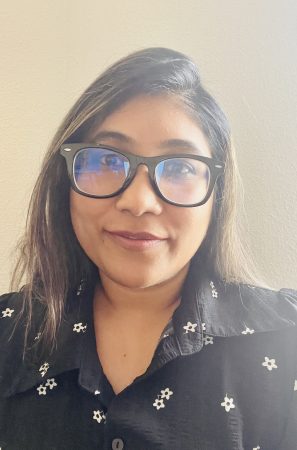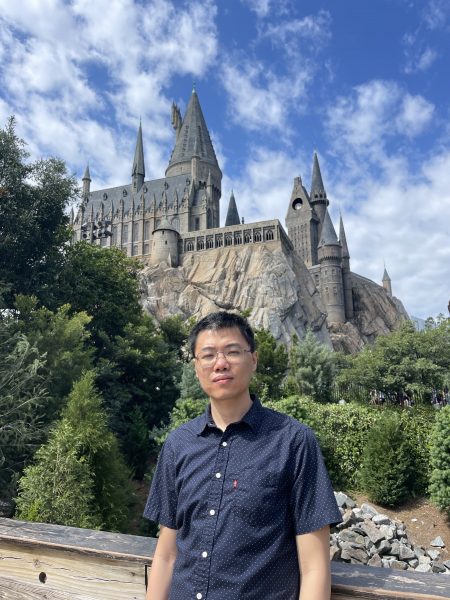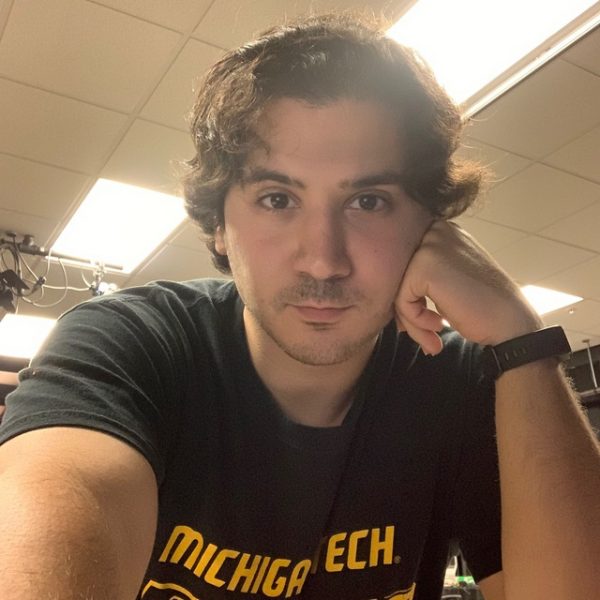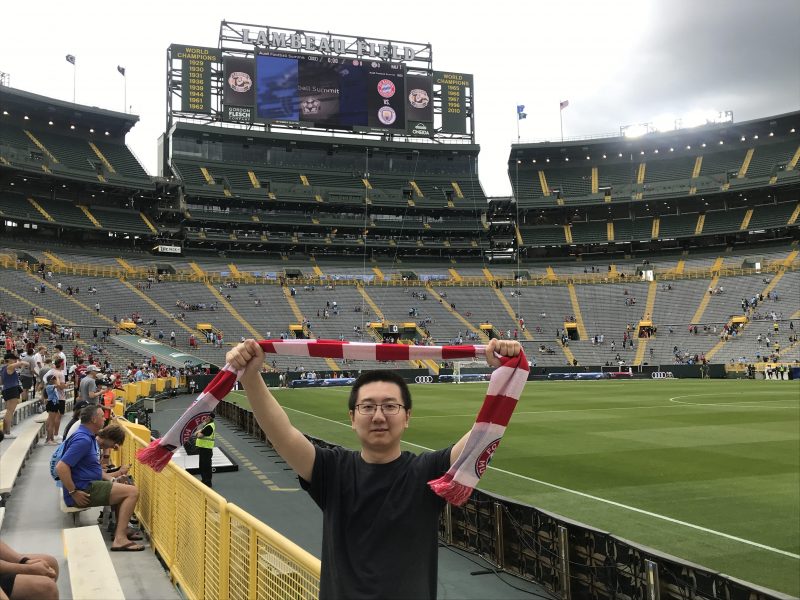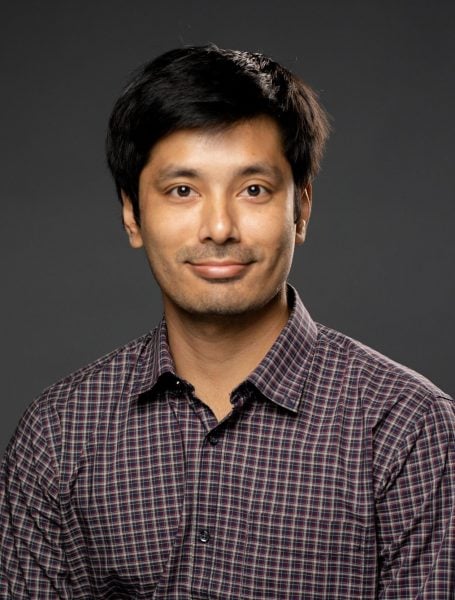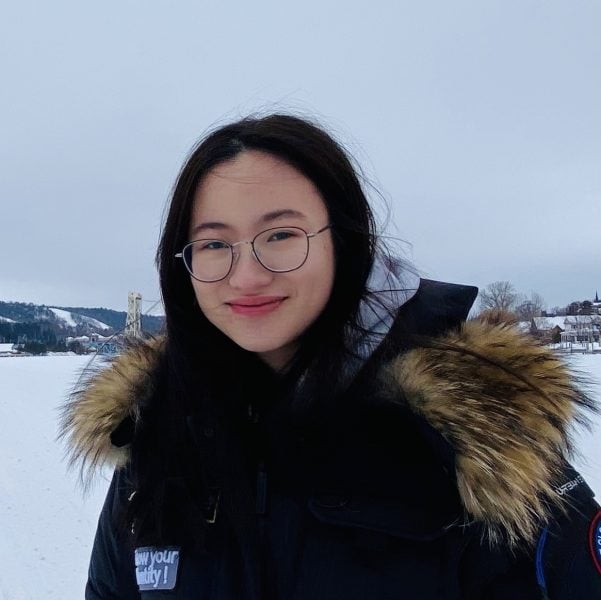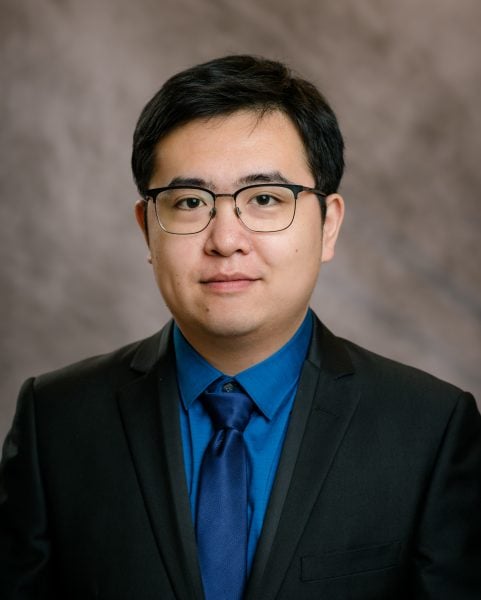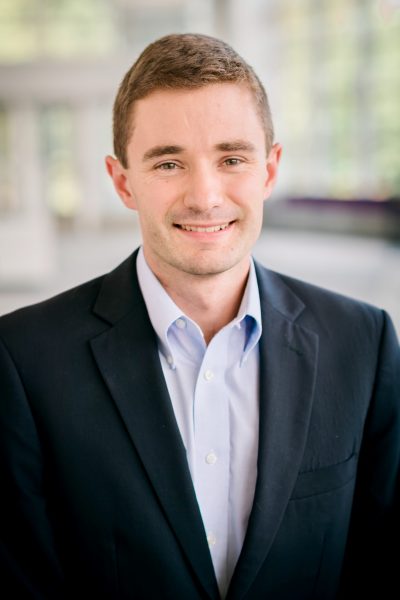Starting my academic journey at Michigan Technological University in 2018, I had the privilege of guiding two first-year computer science students on a mini project called “Technology Assisted Conversation” under the supervision of Dr. Keith Vertanen. I was fascinated by the transformative impact of technology in empowering individuals with disabilities. Little did I know this initial endeavor would transform into the core of my dissertation “Programming by Voice.”
In the realm of software development, where text-intensive tasks are inevitable, programmers often face challenges due to long hours of typing. Individuals with motor impairments may encounter difficulties typing, while even able-bodied practitioners may develop conditions like Repetitive Strain Injury. My doctoral dissertation centers on empowering programmers facing such accessibility challenges through voice-enabled programming. This involves applying state-of-the-art natural language processing techniques and training large language models to adapt to the diverse speaking styles of programmers. Beside my dissertation work, I work as a graduate research Assistant on the NSF project, “Improving Mobile Device Input for Users Who are Blind or Low Vision” where I explore how to improve the ability of visually impaired individuals to detect speech recognition errors without relying on visual feedback. I am excited about exploring new possibilities and making meaningful contributions in the field of accessibility, acknowledging its significance as a necessity rather than a mere recommendation.
I would like to convey my profound gratitude to Dr. Keith Vertanen, for his invaluable guidance and mentorship, especially considering my transition from a distinctly different research field. My deepest appreciation extends to the Graduate School and the Dean’s Advisory Panel for awarding me the Finishing Fellowship, allowing me to focus on completing my dissertation promptly. I am thankful for the support and opportunities provided by Michigan Technological University, shaping not only my academic journey but fostering a collaborative and encouraging community.
